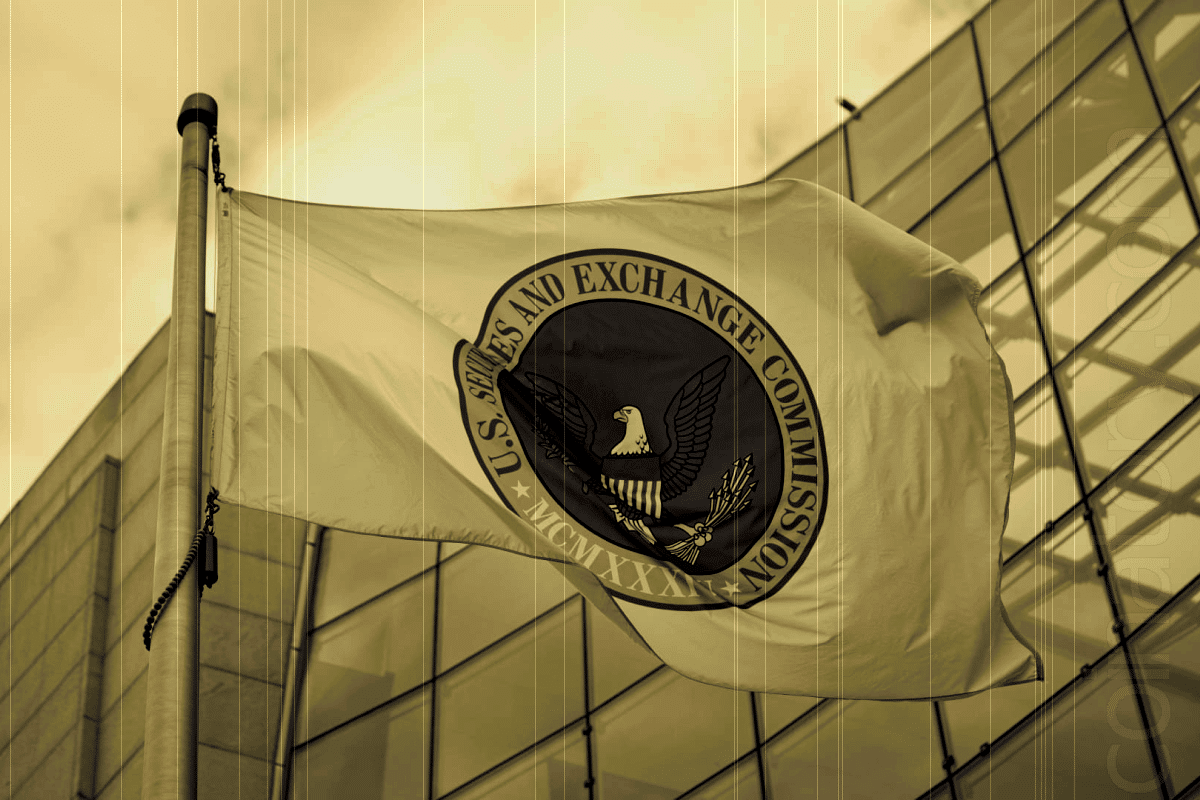
Amid accelerating interest in blockchain-based financial products, a coalition of international regulatory bodies is urging the U.S. Securities and Exchange Commission (SEC) to assert firmer control over the fast-growing market for tokenized stocks. In a joint letter to the SEC’s Crypto Task Force, the European Securities and Markets Authority (ESMA), the International Organization of Securities Commissions (IOSCO), and the World Federation of Exchanges (WFE) warned that these instruments often mimic equities without offering the legal safeguards of regulated markets.
These regulators argue that tokenized equities—digital assets that purport to represent shares of public companies—are being marketed as functional equivalents of traditional securities despite lacking shareholder rights and established investor protections. The WFE voiced particular concern over crypto trading platforms promoting these instruments as legitimate stock alternatives, noting that such representations could mislead investors and erode trust in capital markets.
Although tokenized assets represent over $26 billion in value globally, tokenized stocks constitute only a fraction of that figure. Yet the market is expanding rapidly, driven by major trading platforms like Coinbase, Kraken, and Robinhood, which are exploring or actively launching token-based equity products. Proponents claim that tokenization offers improved efficiency, faster settlement, and broader access to global markets—advantages that traditional financial infrastructure has been slow to deliver.
Regulatory Institutions Close Ranks
The call for tighter enforcement reflects broader tensions between legacy financial institutions and emerging digital asset platforms. Regulatory bodies insist that even innovative products must adhere to the core tenets of securities law. SEC Commissioner Hester Peirce recently underscored that tokenized securities are still securities, regardless of how they are issued or traded. SEC Chair Paul Atkins has acknowledged the potential of tokenization as a transformative force but affirmed that innovation must occur within a robust regulatory framework.
The regulatory warning coincides with increased lobbying activity from traditional finance. The Securities Industry and Financial Markets Association (SIFMA), a leading voice for U.S. broker-dealers and asset managers, has pressed the SEC to reject any regulatory exemptions for crypto platforms offering tokenized stocks. The group argues that substantial changes in market structure require transparent rulemaking—not administrative leniency.
Legislative Landscape Signals Mixed Messages
Recent legislative developments have shown a complex balancing act between promoting innovation and protecting financial stability. The GENIUS Act, for example, was heralded as a step forward for the stablecoin sector, yet it contained explicit prohibitions on interest-bearing stablecoins—an apparent concession to legacy banking interests. This compromise illustrates how regulators and lawmakers are still grappling with how to integrate blockchain-based instruments into existing legal and financial systems.
The Path Forward
As institutional adoption of blockchain accelerates, the regulatory debate surrounding tokenized equities is intensifying. While some officials advocate for a cautious but open approach to innovation, others warn of systemic risks if digital assets are allowed to bypass foundational investor safeguards.
The SEC faces growing pressure to define clear parameters for tokenized securities, especially as crypto-native platforms expand their offerings. Whether regulators succeed in creating a coherent, future-proof framework for tokenized equities will determine whether these assets evolve into a legitimate parallel to traditional stocks—or remain a high-risk, loosely governed niche.







